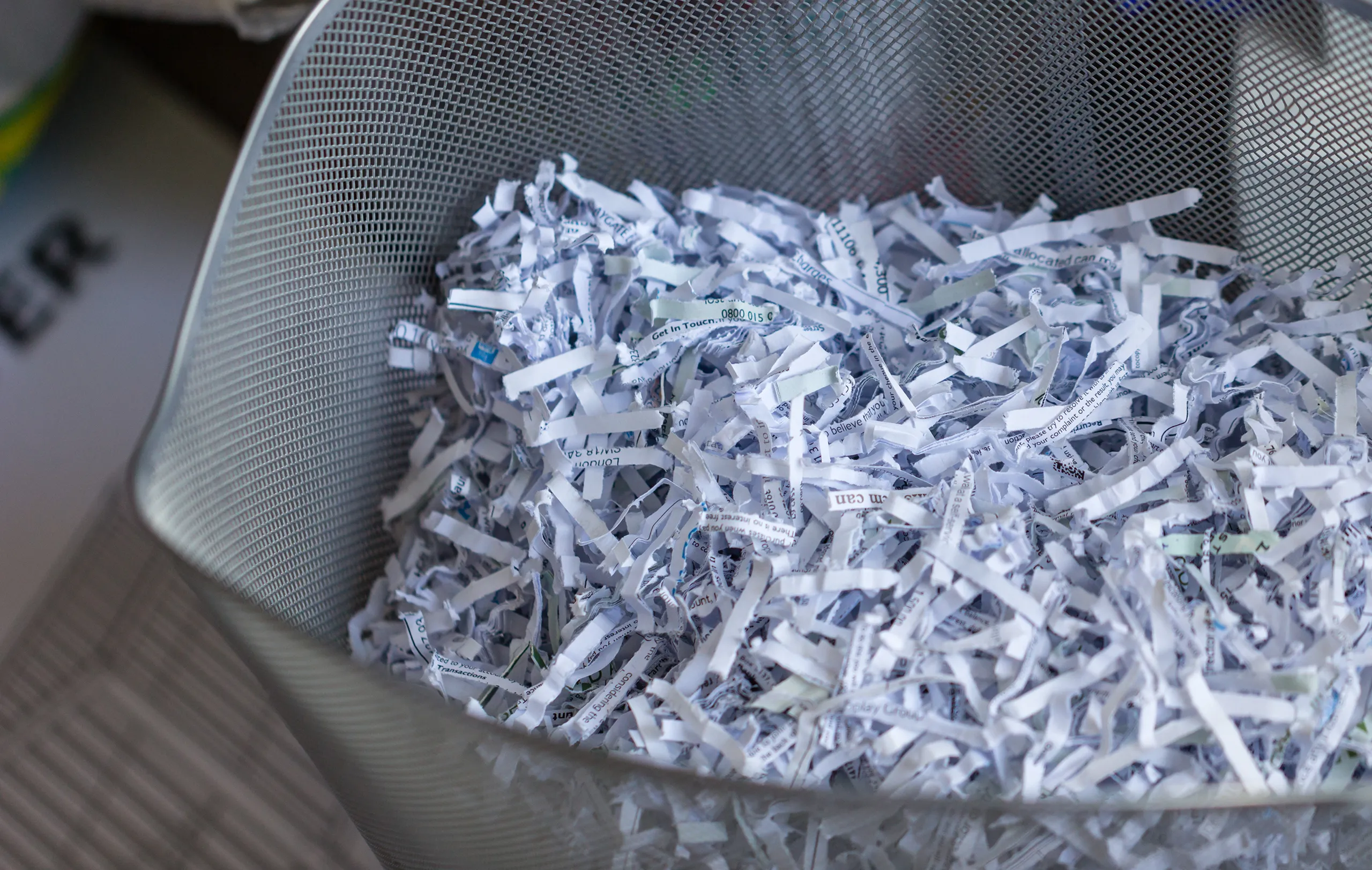If your business is in Wales, then you need to be aware of the new waste recycling law that has recently come into effect. This law requires all businesses to sort their waste for recycling.
The Welsh Government is introducing this law to improve the quality and quantity of how waste is collected and separated.
What does this mean for your business?
Separating for Collection:
The following materials will need to be separated for collection, and collected separately:
- Food – This applies to businesses generating more than 5kg of food waste per week.
- Paper and cardboard.
- Glass.
- Metal, plastic and cartons – This includes similar composition fibre-plastic packaging.
- Unsold Small WEEE – Waste Electrical and Electronic Equipment.
- Unsold textiles – This applies to businesses generating more than 5kg of fabric waste per week.
Recycling and Disposal Bans:
Separately collected recyclables cannot go to incineration plants or landfill sites. Instead, you must send them for proper recycling. Furthermore, businesses must recycle all wood waste and keep it out of landfill.
What can you recycle?
Metal, plastic & cartons:
Paper and cardboard
Non-recyclable waste / black bags:
Benefits of workplace recycling
There are many benefits to workplace recycling, including:
- Reducing your business’s waste disposal costs.
- Helping the environment by conserving resources and reducing pollution.
- Creating a more sustainable workplace.
Getting started with workplace recycling
There are several things you can do to get started with workplace recycling in your business, including:
- Providing recycling bins for different types of waste, clearly labelled with what goes in each bin.
- Educating your employees about the new law and how to recycle properly through signage and training.
- Working with a waste disposal company that can collect and recycle your business’s waste according to the new regulations.
By following these tips, you can help your business comply with the new law and do your part to protect the environment.
For more information on workplace recycling in Wales, please visit the Welsh Government’s updated workplace recycling guidance or call us on 01347 821086.
The government has also announced a series of reforms designed to make recycling easier and improve waste management across England. These changes aim to significantly increase recycling rates and reduce pollution:
- Simpler Recycling – A nationwide system is being introduced, meaning you’ll recycle the same materials everywhere in England. This will eliminate confusion about what goes in which bin. The plan also includes a reduction in the number of bins required, with some councils potentially offering a single bin for dry recyclables like plastic, metal, glass and paper.
- Weekly Food Waste Collection – Most households and businesses in England will benefit from weekly collections of food scraps and other organic waste. This will prevent smelly waste buildup and divert food waste from landfills.
- Extended Producer Responsibility (EPR) – Into the UK will take on greater responsibility for its lifecycle. This means they’ll be financially responsible for the collection, recycling and disposal of packaging waste. The goal is to incentivise businesses to use less packaging and design it for easier recycling.
These reforms, alongside existing measures like the ban on single-use plastics, aim to create a more sustainable waste management system in England.
